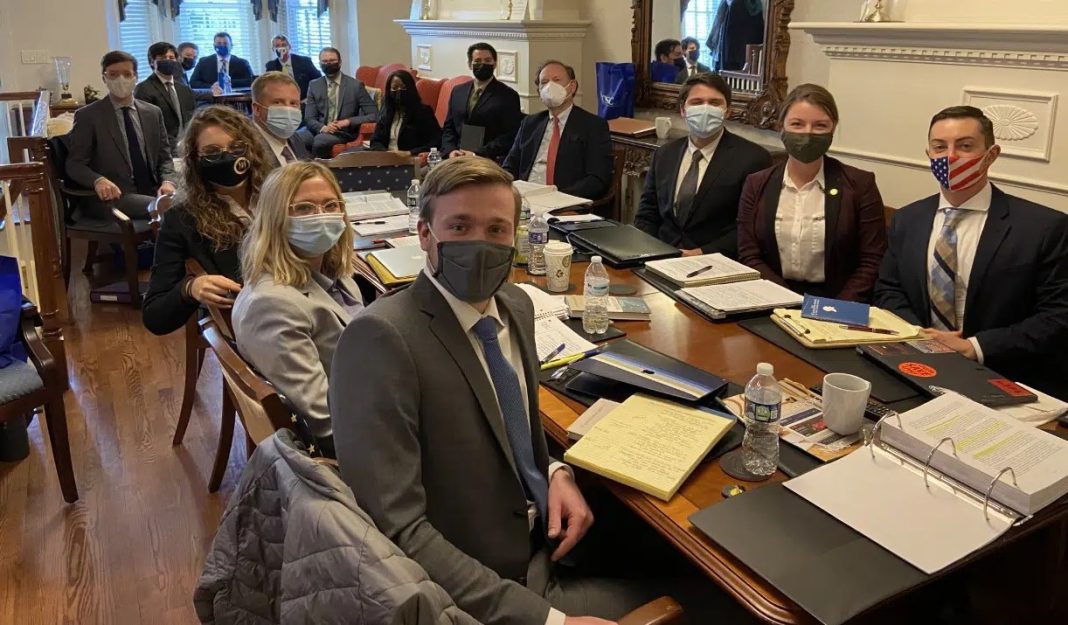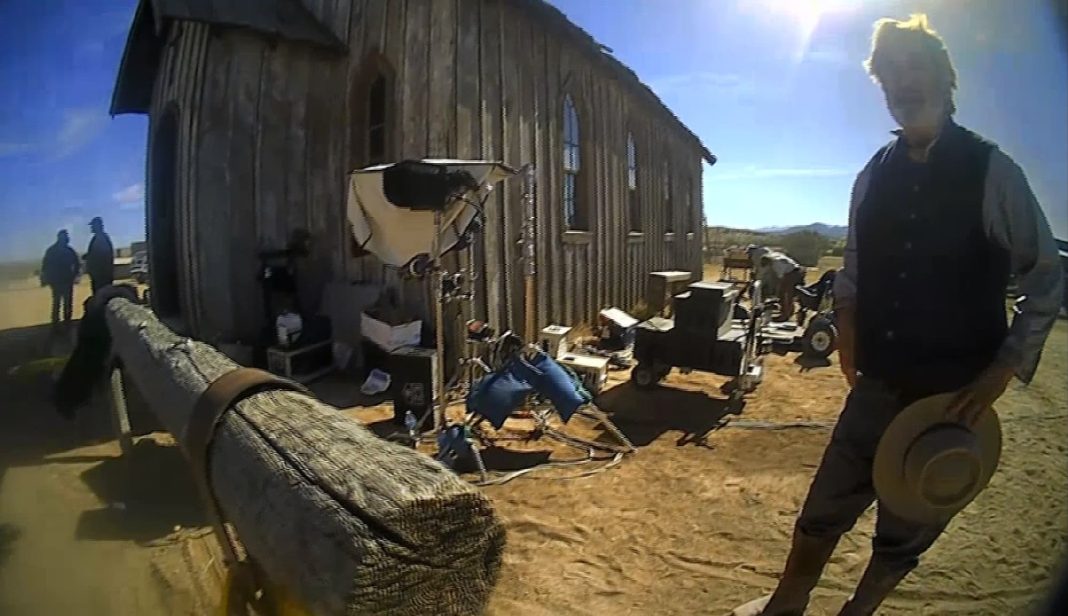On January 6, 2021, a pivotal moment in American history unfolded, marked not only by the violent insurrection at the Capitol but also by a significant phone call between retired North Carolina Supreme Court Chief Justice Mark Martin and then-President Donald Trump. This nine-minute conversation was the culmination of weeks of Martin’s efforts to explore legal avenues to maintain Trump’s grip on power, during which he promoted fringe theories of election fraud and constitutional interpretations to state officials and the Supreme Court.
Just 20 days after the insurrection, Martin found himself in the company of another influential figure: U.S. Supreme Court Justice Samuel Alito. Together, they conducted a three-day seminar on constitutional law at Regent University Law School in Virginia, where Martin was serving as dean. This connection between a Supreme Court justice and a legal advisor to Trump’s efforts to overturn the 2020 election results raises profound questions about the integrity of the judiciary and its interactions with political figures.
The implications of Martin’s relationship with Alito are significant, especially in light of the ongoing scrutiny surrounding Alito’s judicial philosophy and his apparent sympathies toward Trump. While other Trump legal advisors, such as John Eastman and Rudy Giuliani, have faced sanctions for their roles in the election overturning efforts, Martin has largely escaped public accountability. He continues to hold a prominent position as the dean of High Point University’s law school and remains active in prestigious legal organizations, including the American Law Institute and the American Bar Association.
Martin’s transition from the judiciary to legal education began in 2019 after more than two decades on the North Carolina Supreme Court. He took the helm at Regent Law, a Christian institution founded by televangelist Pat Robertson, with a mission to promote originalism and educate future generations of Christian lawyers. During his tenure, he invited Alito to join as a “Senior Lecturing Fellow,” alongside other conservative legal luminaries.
Alito’s presence at Regent was not merely ceremonial; it aligned with his judicial record, which has consistently favored conservative interpretations of the law. His decisions have chipped away at protections for marginalized groups and have often supported expansive presidential powers. In the wake of the January 6 insurrection, Alito faced calls to recuse himself from cases related to the event, particularly after an upside-down American flag—a symbol associated with the “Stop the Steal” movement—was spotted outside his home. Alito’s refusal to recuse himself, attributing the flag incident to his wife, further complicates perceptions of his impartiality.
The seminars co-taught by Martin and Alito have drawn attention not only for their content but also for the ethical implications of their collaboration. Gabe Roth, executive director of Fix the Court, expressed dismay at the lack of scrutiny faced by Martin, stating, “It was and continues to be a shock to the system knowing that the upper echelons of the legal community used their legal talents to subvert the will of the people.” This sentiment resonates with many who view the intertwining of legal education and political machinations as a troubling development for the rule of law.
In the months leading up to the insurrection, Martin was instrumental in promoting a radical legal theory suggesting that state legislatures held absolute authority over the selection of presidential electors, a notion that gained traction among Trump’s inner circle. He helped orchestrate a lawsuit, Texas v. Pennsylvania, which sought to challenge the election results directly in the Supreme Court. The court ultimately dismissed the case, but Martin’s involvement in these efforts raises critical questions about accountability in the legal profession.
Despite the controversies surrounding his actions, Martin has continued to thrive in the legal community. His recent appointment as the founding dean of High Point University’s law school has sparked renewed scrutiny, particularly from progressives who have criticized his past affiliations and actions. A billboard campaign in North Carolina boldly proclaimed, “MARK MARTIN BETRAYED OUR CONSTITUTION,” highlighting the growing public concern over his role in undermining democratic processes.
As the legal landscape continues to evolve, the implications of Martin’s actions and his ongoing relationship with Alito remain significant. With the Supreme Court poised to play a crucial role in the upcoming elections, the connections between legal educators, judicial figures, and political operatives underscore a complex web of influence that challenges the integrity of the American legal system. The narrative surrounding Martin and Alito serves as a cautionary tale about the potential for legal institutions to be co-opted by political agendas, raising urgent questions about the future of democracy in the United States.


